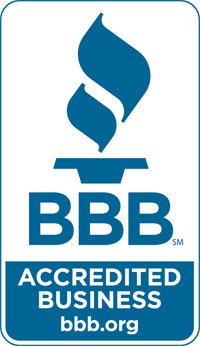Skilled and Unskilled Jobs
The Social Security Administration takes the position that younger applicants will be able to adjust to new types of work as long as they are physically and mentally able to perform the tasks required by the new job. This is not necessarily true for older claimants. Although midlife career changes are possible—even common—it is rare for someone nearing retirement age to go into a totally unrelated field for his few remaining work years. Many jobs require a little while for the worker to get up to speed as he acquires practical knowledge of how things are done. For some unskilled jobs, this knowledge can be gained in a relatively short time. For example, the job of dishwasher or surveillance system monitor might be taught in an afternoon. At any rate, an unskilled job will not take more than 30 days to learn. Skilled jobs, on the other hand, can take a long time to learn. The Social Security Administration defines a skill as “knowledge of a work activity which requires the exercise of significant judgment that goes beyond the carrying out of simple jobs and duties and is acquired through performance of an occupation which is above the unskilled level (requires more than 30 days to learn).” Skills can only be gained through work experience. They cannot be gained through education or through volunteer work or hobbies. They include activities like making precise measurements, reading blueprints, and operating complex machinery. The question of skill is not important in determining if a younger claimant is eligible for benefits, but for certain claimants older than 50, whether the claimant has transferable skills can be the factor that determines whether or not they will receive benefits. Continue to When Are Skills Important?




